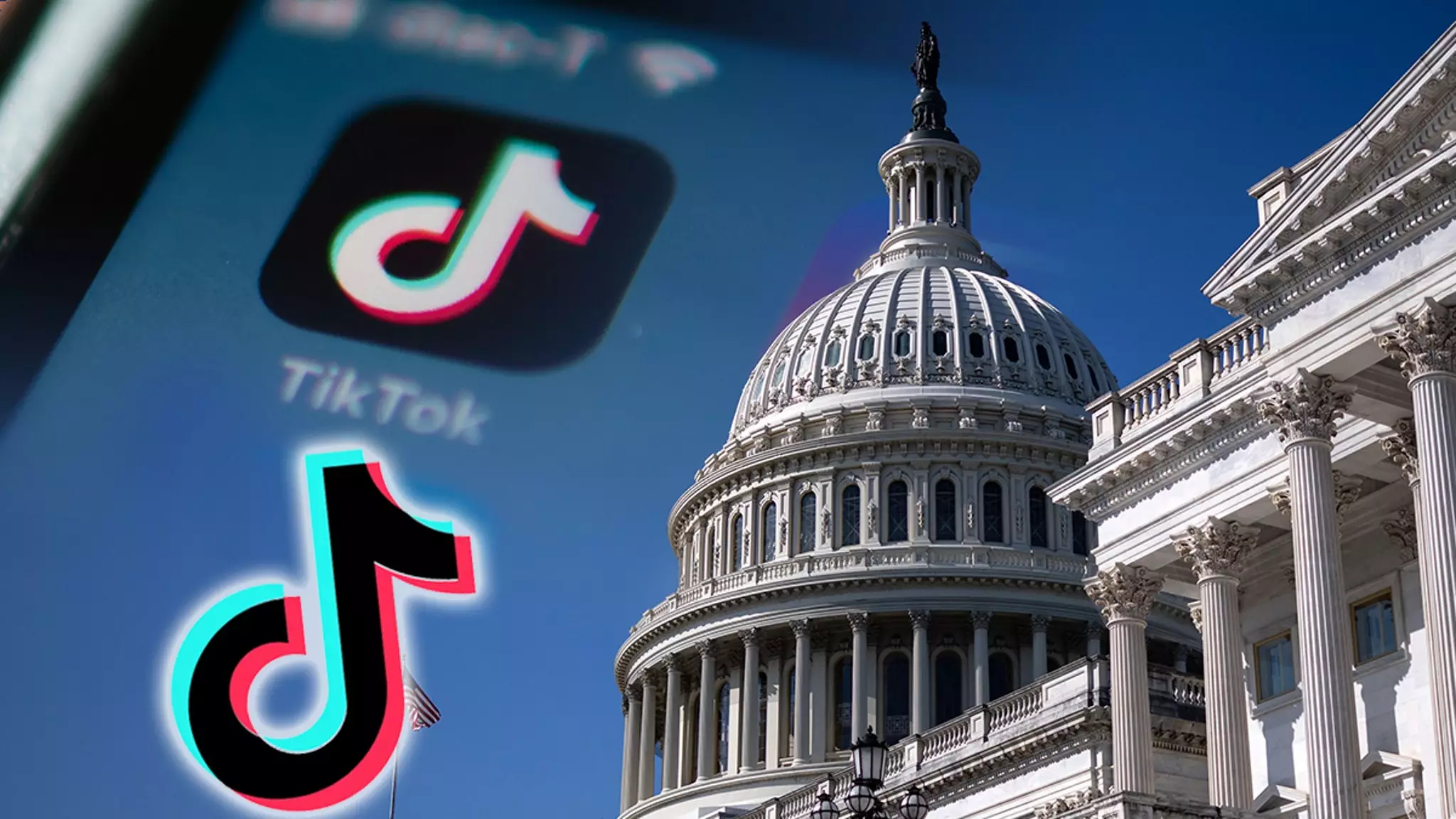TikTok, the wildly popular social media platform, has recently found itself at the center of public discourse following President-elect Donald Trump’s announcement regarding an executive order aimed at reviving the app in the United States. This situation underscores not only the intricate relationship between social media, politics, and regulatory actions but also the profound impact such platforms have on both users and small businesses across the nation.
The tensions surrounding TikTok stem from concerns about data privacy and national security, given its ownership by the Chinese company ByteDance. In the lead-up to Trump’s inauguration as the 47th president, he emphasized the app’s critical role in American digital culture, stating that it serves over 170 million users and is a lifeline for the more than 7 million small businesses that utilize it for marketing and outreach. In doing so, Trump not only reinstated the app but also positioned himself as an ally to the influencers and content creators who build their livelihoods on the platform.
The restoration was not without its complications, mirroring the complex nature of tech policy in America. TikTok released statements expressing gratitude towards Trump for offering clarity and signaling that service providers would not face penalties for continuing to provide the app. Such language highlights a trend where political figures are increasingly recognizing the economic weight of these digital services and the essential role they play in modern commerce and community engagement.
The Executive Order: Provisions and Uncertainty
Trump’s plan includes a potential path for U.S. government involvement in TikTok, suggesting a possible 50% stake for America, which could lead to increased oversight and a dilution of ByteDance’s overarching control. However, this raises several questions regarding the feasibility and legality of such ownership and the implications it may have for operational autonomy and user experience. The nuances surrounding this executive order reflect a delicate interplay between safeguarding national interests and fostering economic engagement in a borderless digital landscape.
Furthermore, the controversy surrounding TikTok is as much about free speech as it is about data regulations. TikTok praised Trump’s actions as a defense of the First Amendment and a stance against “arbitrary censorship.” This framing positions the app not just as a tool for digital interaction but as a battleground for larger societal debates about freedom, oversight, and commercial viability.
As the situation evolves, influencers and creators are left in a state of uncertainty, although initial reactions suggest a sense of relief and cautious optimism. Trump’s strong support for TikTok may signal a shift that could influence how policy-makers conceive of social media in the future. Will this move ensure TikTok’s longevity in America, or will new regulations emerge as the digital landscape transforms?
Ultimately, the case of TikTok illustrates a broader narrative involving technology, economics, and politics in the modern era. As society navigates these turbulent waters, the stakes remain high not just for TikTok’s users, but also for the broader conversation about the intersection of technology and civic rights. The coming months will thus be critical in determining not only the fate of TikTok but also the future framework of digital expression in a rapidly evolving global context.

